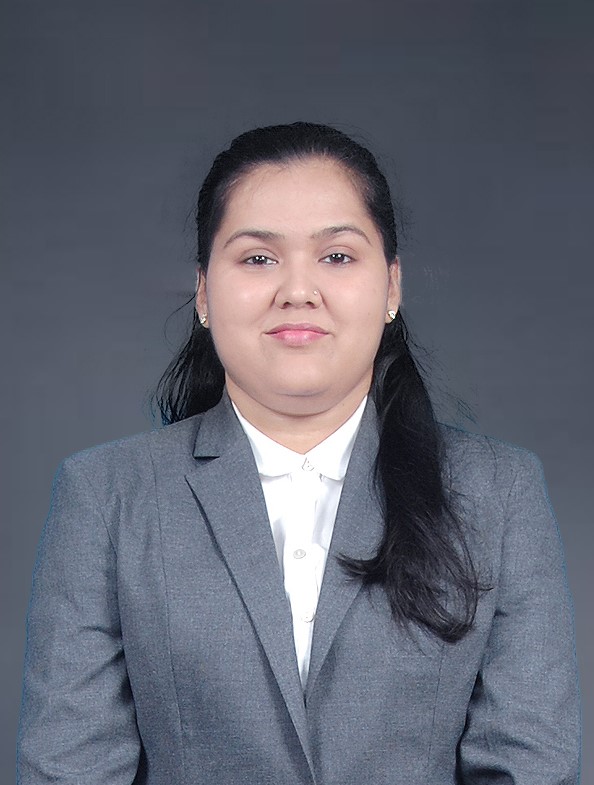Presented by Sushmitha Anantha and Fabrizio Di Cola
Industry technology landscape is ever evolving. Yesterday’s state of the art technologies has become normal today and will become obsolete tomorrow. The pace of change is too fast and to stay relevant, every industry should reinvent themselves time and again from all aspects including technology.
One of the major challenges faced by Architects is to always push for most efficient and most economical models when they solution new systems or when they upgrade the existing systems. Architects often wonder about economic impact of choosing one solution over another. Many times, it becomes necessary to propose an architectural change to meet certain non-functional requirements.
Is there a way to assess the impact of different possible architectural approaches from a pragmatic perspective?
In this presentation, we shall try to approach this problem from SNAP perspective. The idea is to evaluate how different architectures perform when SNAP is applied, by taking few examples. This method helps in evaluating two are more different solution approaches and choosing the most suitable one not only from point of view of functions but also of the cost.
Speaker Bio:
 Sushmitha Anantha: Sushmitha is working as a Function Point Expert and Project Lead at Accenture India.She is currently the director of IFPUG NFSSC. She has worked for more than a decade in the fields of function point, related metrics, and function points productivity measurement in different domains, methodologies, and technologies.
Sushmitha Anantha: Sushmitha is working as a Function Point Expert and Project Lead at Accenture India.She is currently the director of IFPUG NFSSC. She has worked for more than a decade in the fields of function point, related metrics, and function points productivity measurement in different domains, methodologies, and technologies.
 Fabrizio Di Cola: got master graduated in Computer Engineering. He had university research and private consulting experiences in the IT sector between 2000 and 2007. In 2007 he was hired by Sogei Spa as IT and Software Architect. He has been working in software measurement metrics as company reference in this sector since 2011. He is currently responsible for coordinating the metrics competence center and related projects in Sogei. In the same role, he is involved in contract design and implementation. He works as a teacher for internal and external courses on software metrics. He received the CFPS in 2012, the PMP in 2016, and the PMI-ACP in 2020, the CSS in 2023. He is chair of the IFPUG committee for non-functional sizing standards (NFSSC)
Fabrizio Di Cola: got master graduated in Computer Engineering. He had university research and private consulting experiences in the IT sector between 2000 and 2007. In 2007 he was hired by Sogei Spa as IT and Software Architect. He has been working in software measurement metrics as company reference in this sector since 2011. He is currently responsible for coordinating the metrics competence center and related projects in Sogei. In the same role, he is involved in contract design and implementation. He works as a teacher for internal and external courses on software metrics. He received the CFPS in 2012, the PMP in 2016, and the PMI-ACP in 2020, the CSS in 2023. He is chair of the IFPUG committee for non-functional sizing standards (NFSSC)

